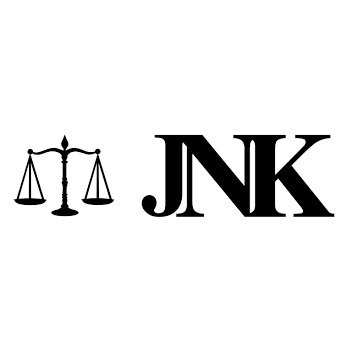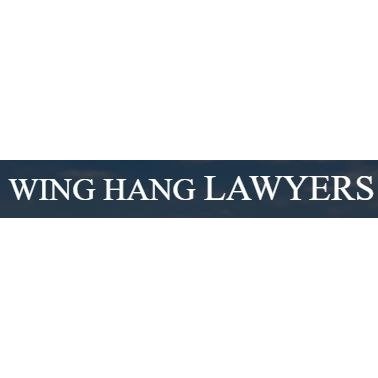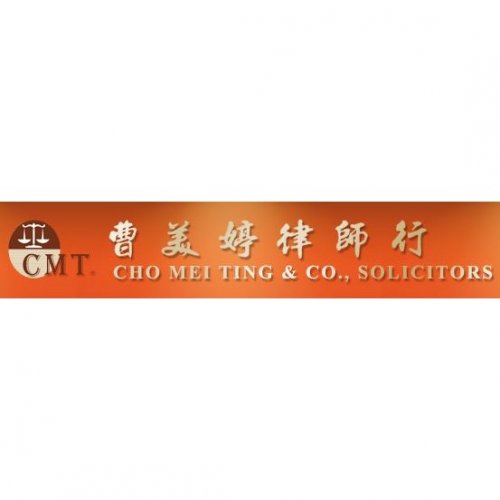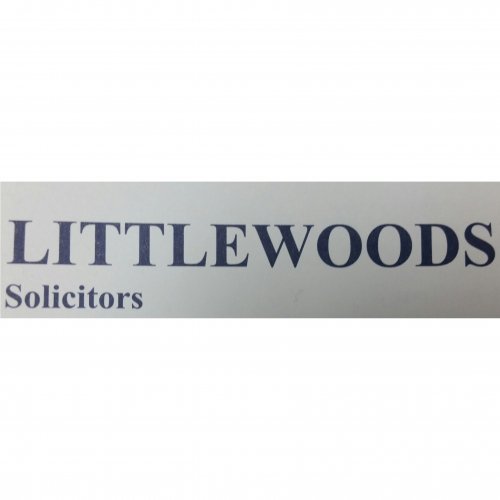Best Restructuring & Insolvency Lawyers in Kowloon
Share your needs with us, get contacted by law firms.
Free. Takes 2 min.
List of the best lawyers in Kowloon, Hong Kong
Hong Kong Restructuring & Insolvency Legal Articles
Browse our 1 legal article about Restructuring & Insolvency in Hong Kong written by expert lawyers.
- Navigating Hong Kong-Mainland China Cross-Border Insolvency
- The mutual recognition framework allows Hong Kong liquidators to apply for judicial assistance to manage distressed assets in Mainland China. The process relies on the 2021 Record of Meeting between the Supreme People's Court and the Hong Kong Government. Recognition is currently restricted to three designated pilot areas: Shanghai, Xiamen,... Read more →
About Restructuring & Insolvency Law in Kowloon, Hong Kong
Restructuring and insolvency law in Kowloon, Hong Kong refers to the legal processes available when businesses or individuals face financial distress and are unable to meet their debt obligations. These laws offer a structured framework for reorganizing financial affairs, negotiating with creditors, or, if necessary, winding up companies in an orderly manner. Kowloon, as part of the Hong Kong Special Administrative Region, follows the broader legal framework established by Hong Kong's laws and the common law tradition, which is designed to balance the interests of debtors and creditors, and protect the stability of the economic system.
Why You May Need a Lawyer
There are several scenarios where individuals or businesses in Kowloon may require legal advice or representation in the context of restructuring and insolvency:
- Your company is experiencing severe financial difficulties and you are considering options such as debt restructuring, refinancing, or formal insolvency proceedings
- You are a creditor seeking to recover debts owed by a business or individual who may become insolvent
- You need to protect your interests as a director or shareholder during a potential winding-up process
- You are facing bankruptcy as an individual and want to understand the implications or explore alternatives
- You are interested in acquiring distressed assets or businesses and need guidance on legal risks and procedures
- You have received a statutory demand or winding-up petition and require legal support
- You are concerned about personal liability or allegations of misconduct in an insolvency situation
Legal expertise is crucial in navigating complex procedures, understanding your rights, and mitigating risks during distress situations.
Local Laws Overview
Restructuring and insolvency proceedings in Kowloon are governed primarily by the laws and regulations of Hong Kong. Some of the most important legal instruments include:
- Companies (Winding Up and Miscellaneous Provisions) Ordinance (Cap. 32): The principal legislation governing company winding-up and liquidation procedures.
- Bankruptcy Ordinance (Cap. 6): Governs personal insolvency, defining the processes for declaring and discharging bankruptcy.
- Companies Ordinance (Cap. 622): Contains provisions relating to corporate restructuring, including arrangements and compromises with creditors.
- Common law and court decisions: These play a significant role in interpreting and applying the statutory rules and shaping remedies.
- Provisional supervision regime: Although not yet enacted, proposed legal reforms aim to introduce a statutory corporate rescue procedure, known as provisional supervision, to facilitate restructurings in the future.
Hong Kong is known for being creditor-friendly, with clear rules around the priority of claims and director duties. Both voluntary and compulsory liquidation options exist, and cross-border insolvency matters are increasingly common due to Hong Kong's role as an international financial center.
Frequently Asked Questions
What is the difference between restructuring and insolvency?
Restructuring refers to reorganizing a company’s debt and business operations to enable recovery or survival, while insolvency means being unable to pay debts as they fall due. Insolvency may lead to liquidation or bankruptcy, but restructuring can be an alternative solution.
What are the main steps in a company liquidation in Hong Kong?
Liquidation can be voluntary (initiated by the company) or compulsory (initiated by creditors through the court). The process typically involves appointing a liquidator, selling assets, distributing proceeds to creditors, and ultimately dissolving the company.
Can individuals apply for bankruptcy in Kowloon, Hong Kong?
Yes, individuals who cannot repay their debts may petition the court for bankruptcy. Creditors can also file for a debtor’s bankruptcy under certain conditions.
How are creditors paid during insolvency proceedings?
Proceeds from asset sales are distributed according to a set priority: secured creditors, preferential creditors (such as employees), unsecured creditors, and finally, shareholders.
What are the duties of a company director facing insolvency?
Directors must act in the best interests of creditors, avoid wrongful or fraudulent trading, and cooperate with insolvency professionals. Breaches can lead to personal liability.
Is it possible to rescue a distressed company in Kowloon?
Yes, creditors and companies can negotiate informal workouts or formal schemes of arrangement with court approval. The anticipated provisional supervision regime may also introduce more options in the near future.
What happens to employees during a company insolvency?
Employees typically become preferential creditors for certain outstanding payments. The Protection of Wages on Insolvency Fund may also provide employees with financial relief.
Can foreign creditors or assets be involved in Hong Kong insolvency cases?
Yes, cross-border aspects are common, especially when assets or creditors are based outside Hong Kong. Courts may cooperate with foreign proceedings under certain principles.
What are statutory demands and winding-up petitions?
A statutory demand is a formal request for debt repayment. Failure to comply can lead to creditors filing a winding-up petition to force liquidation of the debtor company.
How long do insolvency or bankruptcy proceedings typically take?
Timelines vary based on the complexity of the case, asset realization, and creditor claims. Simple cases can close in several months while complex cases may take years.
Additional Resources
For further help, the following resources and organizations are available in Hong Kong:
- Official Receiver's Office: Administers bankruptcy and winding-up cases, provides public information and forms
- Protection of Wages on Insolvency Fund: Offers payouts to employees of insolvent companies
- Financial Services and the Treasury Bureau: Oversees corporate law reforms and financial regulation
- The Law Society of Hong Kong: Manages professional standards and referrals for solicitors specializing in insolvency
- Hong Kong courts and judiciary: Handles legal proceedings related to restructuring and insolvency cases
- Association of Corporate Restructuring and Insolvency Advisors (local offices and professionals)
Next Steps
If you are facing insolvency or considering restructuring options in Kowloon, Hong Kong, consider the following steps:
- Gather all relevant financial documents and correspondence with creditors
- Identify your objectives and immediate concerns (such as asset protection, business continuity, employee matters, or debt recovery)
- Contact a qualified restructuring and insolvency lawyer with experience in the Hong Kong legal system
- Discuss your situation confidentially and ask about all the available options and their implications
- Follow legal advice to implement the best strategy, whether restructuring, liquidation, or another approach
- Stay informed and maintain open communication with stakeholders and professionals involved
Early legal intervention often preserves more options for recovery and reduces risks, so seek help as soon as financial trouble arises.
Lawzana helps you find the best lawyers and law firms in Kowloon through a curated and pre-screened list of qualified legal professionals. Our platform offers rankings and detailed profiles of attorneys and law firms, allowing you to compare based on practice areas, including Restructuring & Insolvency, experience, and client feedback.
Each profile includes a description of the firm's areas of practice, client reviews, team members and partners, year of establishment, spoken languages, office locations, contact information, social media presence, and any published articles or resources. Most firms on our platform speak English and are experienced in both local and international legal matters.
Get a quote from top-rated law firms in Kowloon, Hong Kong — quickly, securely, and without unnecessary hassle.
Disclaimer:
The information provided on this page is for general informational purposes only and does not constitute legal advice. While we strive to ensure the accuracy and relevance of the content, legal information may change over time, and interpretations of the law can vary. You should always consult with a qualified legal professional for advice specific to your situation.
We disclaim all liability for actions taken or not taken based on the content of this page. If you believe any information is incorrect or outdated, please contact us, and we will review and update it where appropriate.













